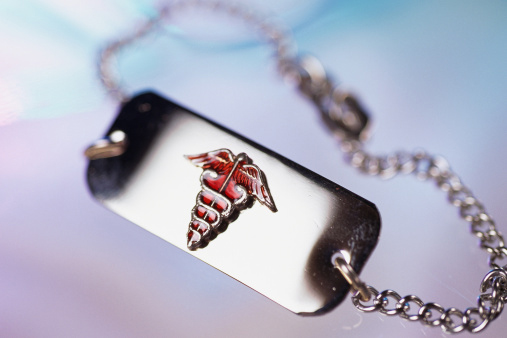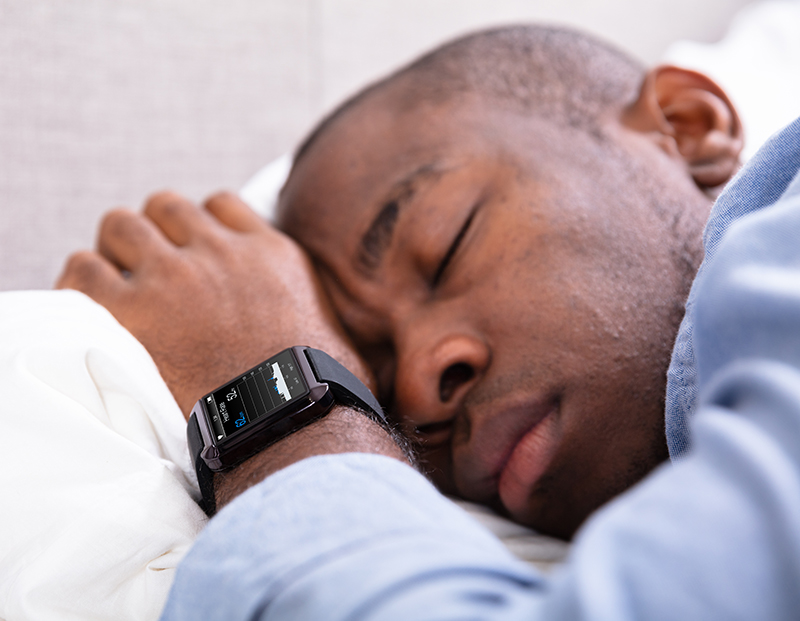Find the information you need

More information on safety equipment
Funding for safety aids and equipment
Safety aids and equipment can be expensive.
Depending on your circumstances, you might be able to get equipment free of charge, or get help with the cost.
As Epilepsy Action isn’t a grant-giving organisation, we unfortunately can’t provide funding for equipment.
Here are some possible sources of funding.
-
Social Services
Some people may be able to get free equipment or help with funding from their local social care services. To see if you or your child are eligible, ask your local authority for a needs assessment.
If you live in Northern Ireland, nidirect have information about social needs assessments.
A carer, friend, family member or your GP can also ask for a needs assessment for you. During a needs assessment, your local social services team will look at how you cope with day-to-day living. They will also see if they can provide help and support for you.
Carers UK has more information about needs assessments.
-
Disabled Facilities Grant
If your epilepsy means you need to make changes to your home, you might be able to get a Disabled Facilities Grant from your local council to help.
-
Benefits
You may be eligible for benefits to help with the extra costs of living with a long-term ill health condition or disability.
To find out more visit our page about benefits for people with epilepsy.
-
Charities that may be able to help
The Daisy Garland
Tel: 01803 847999
Email: info@thedaisygarland.org.uk
Provides grants for SATs monitors (pulse rate and oxygen levels) or Emfit seizure monitors for children and young adults with drug-resistant epilepsy.Link to monitor grant enquiry form: https://www.thedaisygarland.org.uk/forms/monitor-grant-enquiry-form
Independence at Home
Tel: 020 8427 7929
Provides grants to people living with a disability in financial need.React
Tel: 020 8940 2575
Helping children with life-limiting illness, React supplies a wide range of equipment to give children comfort, dignity and where possible, greater independence.Dravet Syndrome UK
Email: info@dravet.org.uk
Tel: 01246 912 421
Provide seizure monitors for children and adults with Dravet syndrome.Jon Shaw Foundation
Tel: 07724 393057
Provide funding towards equipment to support independent and safe living for young people with epilepsy.The Family Fund
Tel: 01904 550055
Provides grants to help with costs of essential items for children with disabilities or serious illnesses.Florence Nightingale Aid in Sickness Trust
Telephone: 020 7998 8817
Email: Ann.griffiths@fnaist.org.uk
Provides funding for medical and household equipment for people with health conditions or disabilities. They can also provide grants for respite and convalescence breaks.The Hospital Saturday Fund
Telephone: 020 7202 1365
Provides funding for specialist aids and adaptations for people with a disability.Variety
Telephone: 020 7428 8100
A children’s charity providing grants for equipment for children who have a serious illness or are disabled.Remap
Tel: 01732 760209
Designs and custom-makes equipment to help disabled people live more independent lives. This service is provided free of charge.Turn2us
Use their grants search tool to find sources of possible funding. -
VAT exemption
If you’re disabled or have a long-term illness, some equipment you need to help you may be tax-free. The company selling the equipment should tell you if that particular product is exempt from VAT. The process of claiming this is fairly simple.
The gov.uk website has more information about VAT exemption for disabled people.
Epilepsy safety equipment
Here we list some safety equipment that might be useful for you if you have epilepsy.
Epilepsy Action can’t recommend any of the companies or products listed on this page.
The Living Made Easy website has a directory of safety equipment, which includes costs and where to buy.
-
Protective headgear
Protective headgear, also called seizure helmets, can be helpful if you need to protect your head during seizures.
In the UK, your hospital consultant can sometimes prescribe protective headgear through the NHS. You can also buy protective headgear privately. Here is a list of stockists:
Ortho Europe
Tel: 01235 552895Health and Care
Tel: 020 7720 2266Smirthwaite
Tel: 01626 835 552Tel: 020 3976 8808
Tel: 01454 285071
-
Safety pillows (anti-suffocation pillows)
Safety pillows have small holes which may help you breathe more easily if you are lying face down when having a seizure. However, there hasn’t been any research to show if safety pillows reduce the risk of SUDEP.
Charities that supply free safety pillows
HOPE for Epilepsy
Telephone: 07516 926703
Email: info@hopeforepilepsy.org.ukProvide free safety pillows to young people (up to 19 years of age) with epilepsy throughout the UK.
Stockists that sell safety pillows
Sleep-Safe
Tel: 07773 619552Telmenow.com
Tel: 0161 974 7190 -
Pushchair security
Pushchair security systems can stop a pushchair, stroller, buggy or pram rolling away if you let go of the handle during a seizure.
Remap
Tel: 01732 760209Remap may be able to provide a custom-made solution to stop your pushchair rolling away.
Some models of prams or pushchairs have self-locking, anti-roll or auto-stop brakes.
Got any questions?
Our expert advisors can help you with any questions you might have about safety or anything else related to living with epilepsy.






